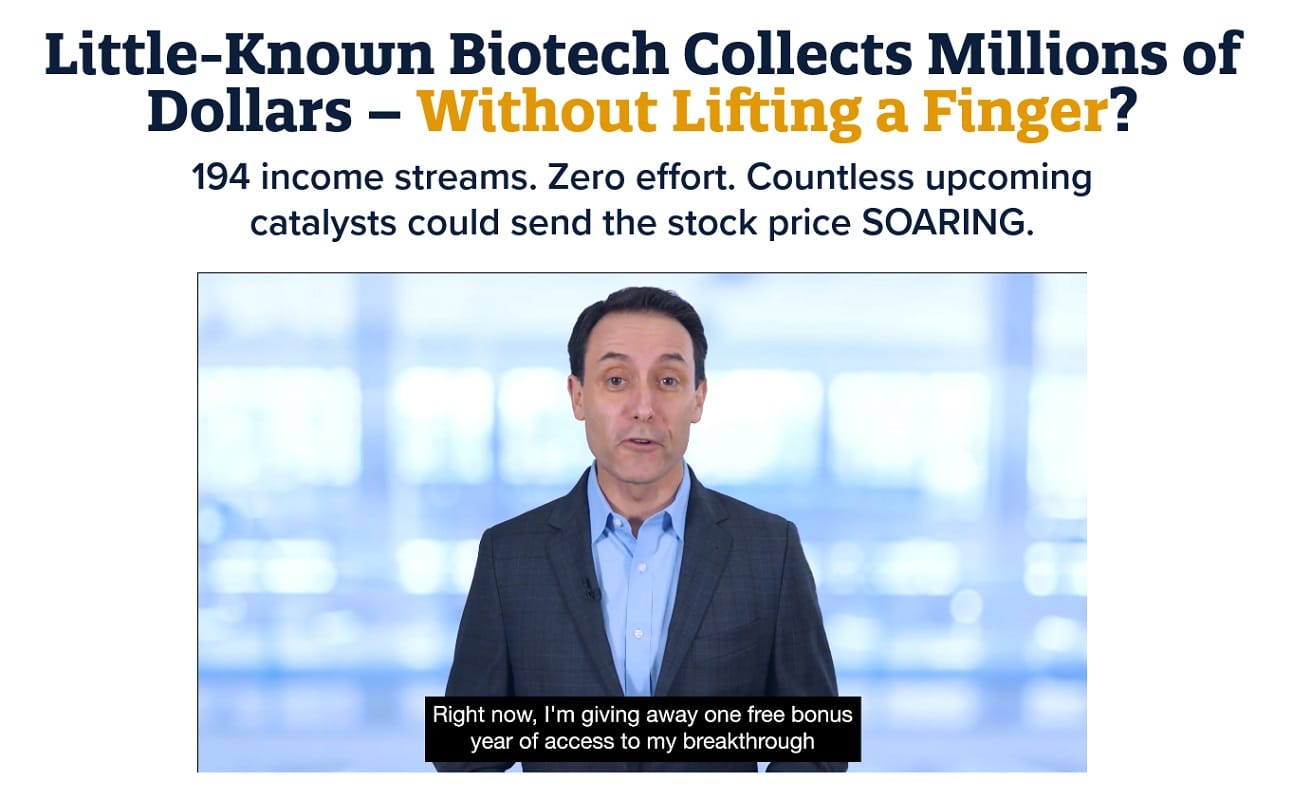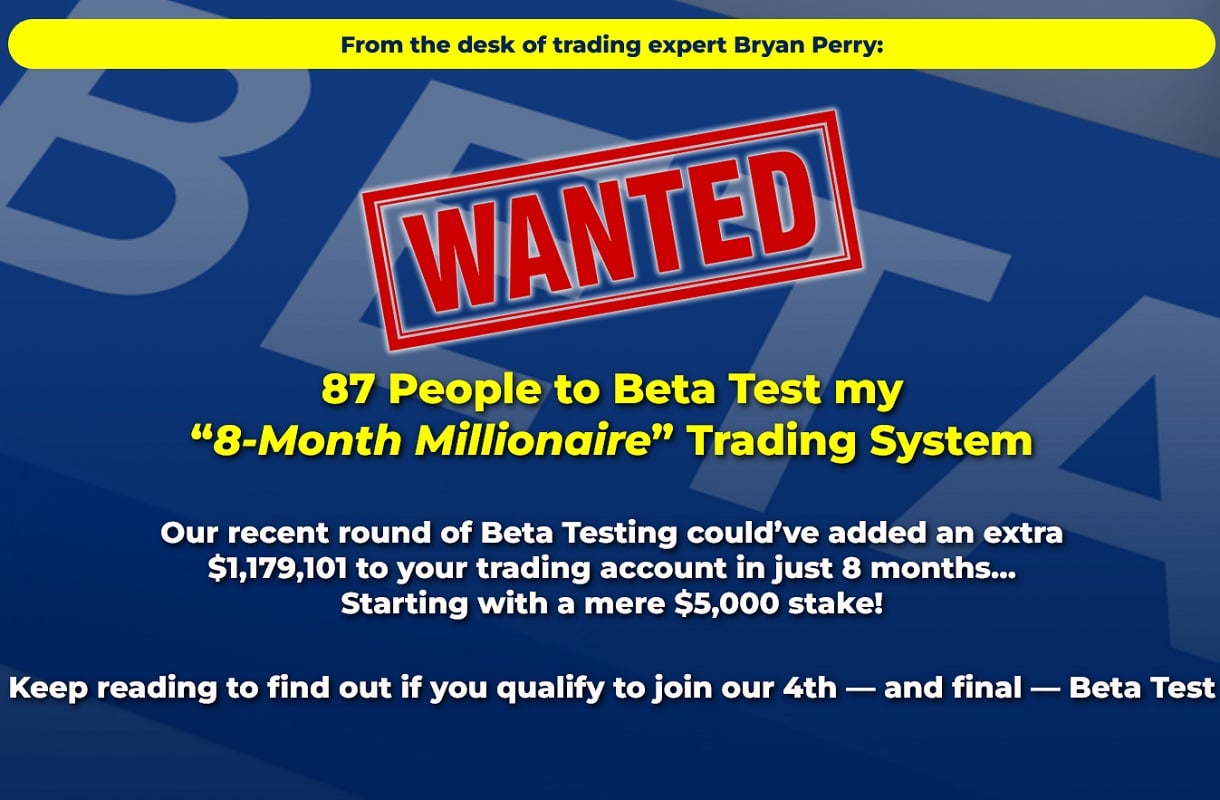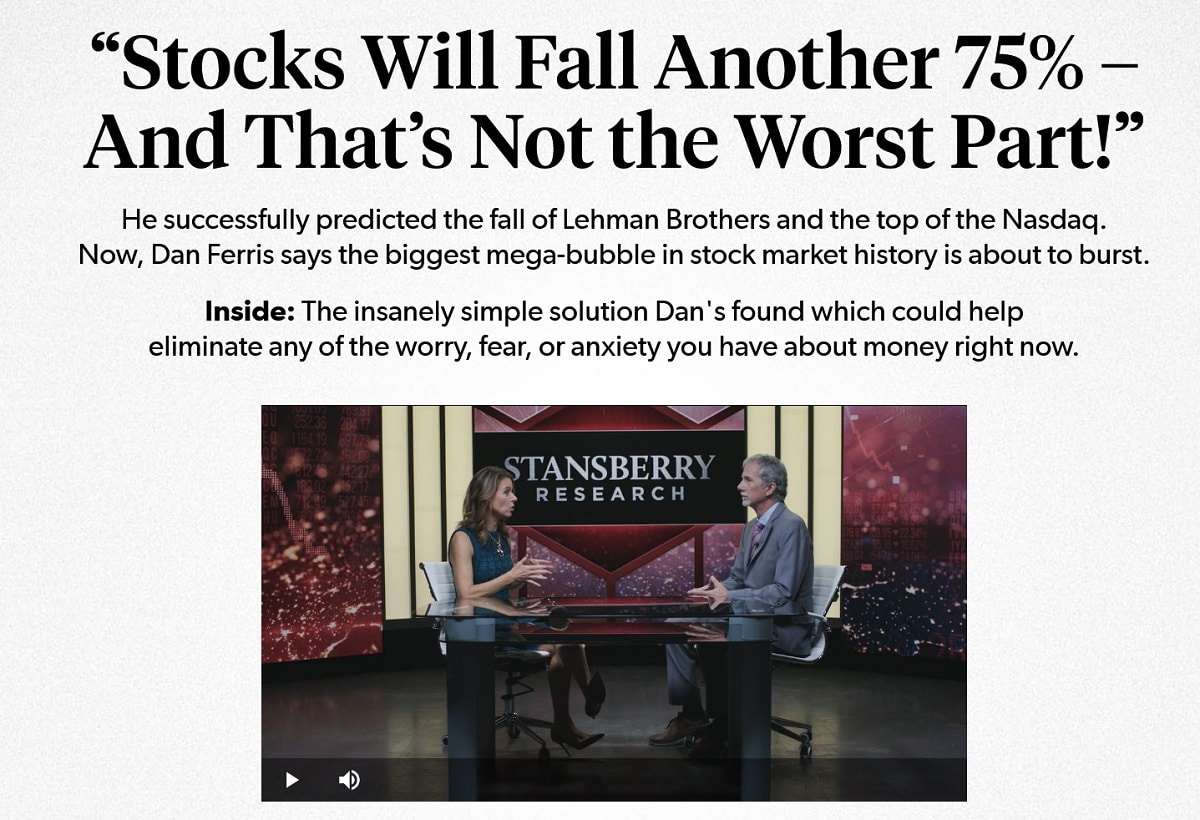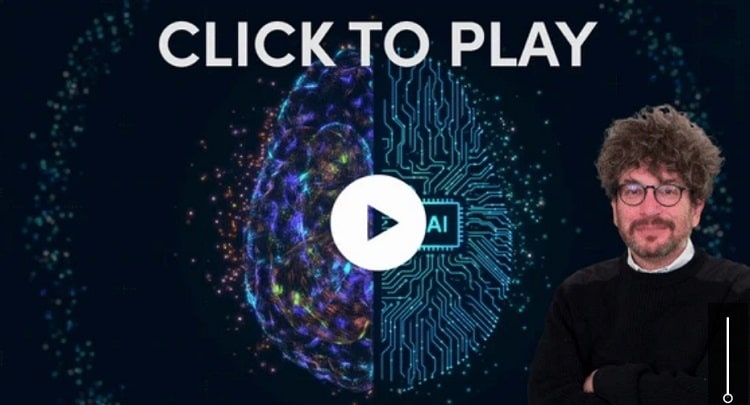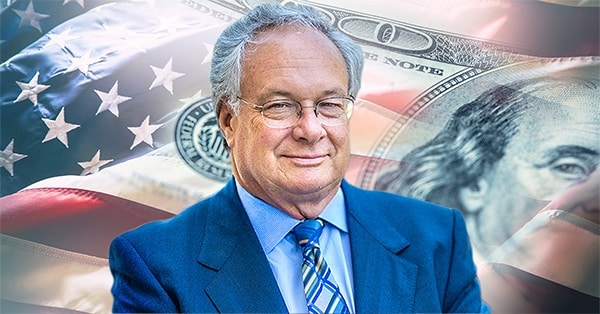Our Most Popular Posts
Keep up with the most interesting topics
Best Sellers
Our team reviews more than 1,000 investment opportunities a year. Each day, we look for the world’s best investment insight and actionable advice to share with you. Below, you’ll find the top-selling products in the industry right now, some of which won’t be available for much longer…
— RECOMMENDED —
PROOF: New One Ticker (Weekly) Payouts
A multimillionaire stock trader’s research explains how focusing on just one ticker every week has generated payouts up to a rare 2,614% in under 11 days…
AND he’s brought proof to show the world!
NEW AI 2.0 WILL OPEN A BRIEF “Wealth Window”
Your Second Chance – If you missed out on crypto, AI 2.0 will be 10X bigger. Some Americans will change their fortunes forever with Altucher’s three AI wealth-building strategies (see below).
Finding at least $60k in yearly income, no matter the size of your account.
Click Here To Get All The Details
 The No. 1 AI Stock of 2024 (Not Nvidia)
The No. 1 AI Stock of 2024 (Not Nvidia)
It’s not Nvidia, Meta Platforms, Alphabet, or Amazon. But thanks to a recent major deal, an under-the-radar stock could become the No. 1 winner of the 2024 AI boom. “This company just teamed up with one of the biggest power players in the AI industry… yet you can still buy it for just one-twelfth the price of Nvidia – the time to buy is NOW,” says Marc Chaikin.
Click here for the name and ticker.
$60,000 in Extra Income Over the Next 12 Months?
CRITICAL: Newly upgraded A.I.-powered income system recently paid out a $3,375 windfall in a one-month timeframe… $4,650 in three months… $11,925 in five months… $16,875 in 11 months…
Finding at least $60k in yearly income, no matter the size of your account.
Click Here To Get All The Details
Latest Top Pick
Crypto pioneer Charlie Shrem says a massive Melt-Up in crypto has begun. It could drive Bitcoin to $1 million. History shows that smaller altcoins could soar as high as 134X, 646X, or more. Find out which five coins Charlie thinks you should buy right now.


